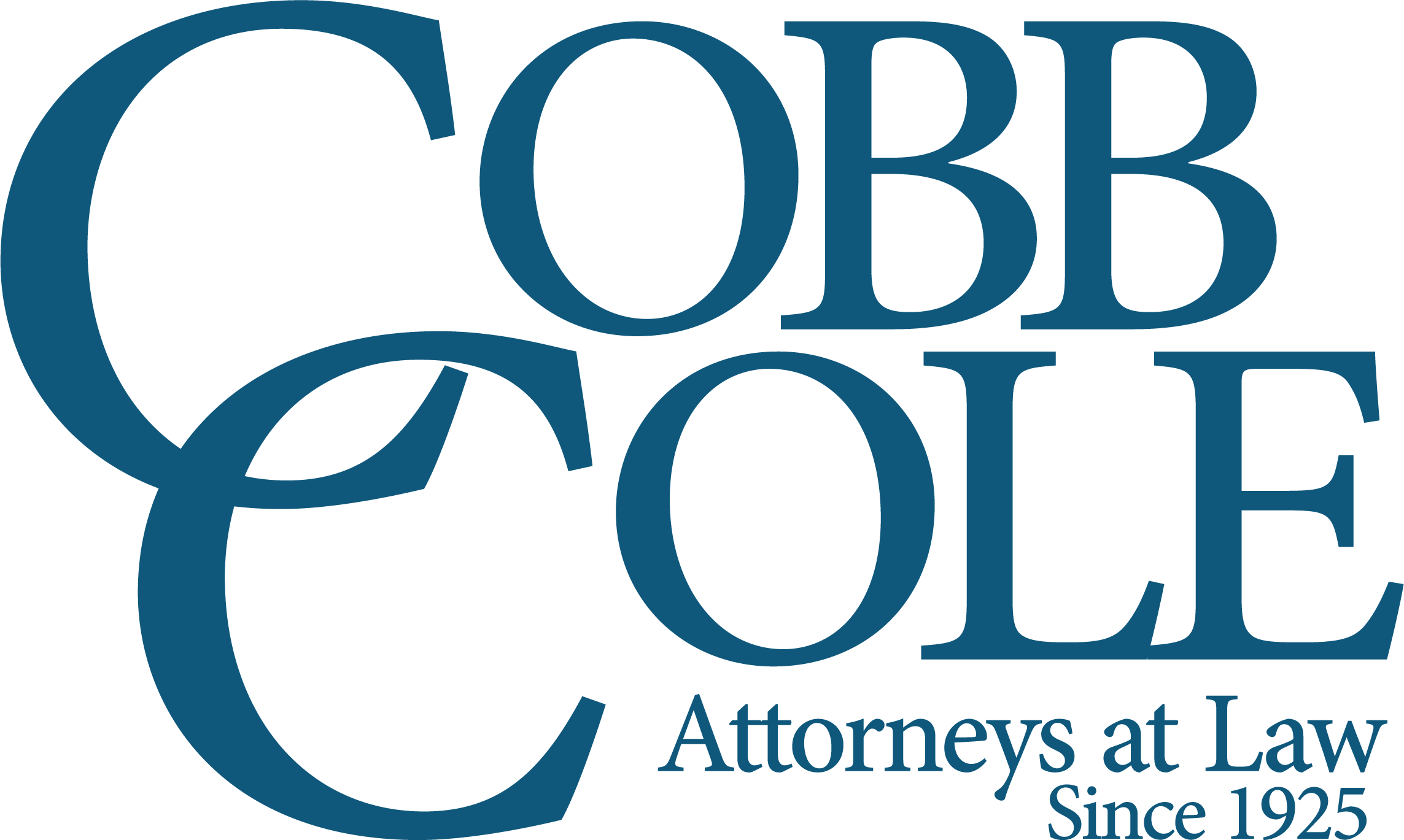What are Brownfield Sites?
Brownfield sites are properties with actual or perceived environmental contamination that may present a barrier to redevelopment. These properties are often abandoned, derelict, or underutilized, and may have previously been the sites of commercial operations like these:
- landfills
- waste disposal facilities
- gas stations
- auto repair facilities
- railway infrastructure
- wood treatment plants
- dry cleaning facilities
- industrial manufacturing operations
- golf courses
Florida’s Brownfield Redevelopment Program
Brownfield sites often represent significant redevelopment opportunities that go unrealized due to the cost, regulatory risk, and uncertainty of cleanup and site rehabilitation. To tackle this issue, Florida’s Brownfields Redevelopment Program was established in 1997 to incentivize the transformation of brownfield sites.
The program provides specific tax incentives for redevelopers that enter into a Brownfield Site Rehabilitation Agreement (BSRA) with the Florida Department of Environmental Protection (FDEP), which include:
- Voluntary Cleanup Tax Credits (VCTCs) to offset the costs of cleanup and waste removal. VCTCs can be transferred, so entities without Florida corporate income tax liability (including non-profit organizations and local governments) can sell the credits.
- Job creation tax refunds of up to $2500 per new job created by eligible businesses on or abutting the redevelopment site.
- Sales and use tax refunds are applicable to building materials used in constructing affordable housing and mixed-use affordable housing.
To incentivize developers who might otherwise balk at the red tape and liability exposure associated with brownfield site cleanup, the program also offers:
- Expedited technical review by dedicated regulatory staff at the FDEP.
- Statutory liability protection against certain legal or regulatory action provided the terms of the BSRA are met.
These incentives have proven effective at fostering economic redevelopment and encouraging the cleanup and rehabilitation of contaminated sites. According to the 2024 Annual Report of the Florida Brownfield Redevelopment Program, to date, 235 brownfield sites have been cleaned under the auspices of the program, generating nearly 90,000 jobs and $557 million in confirmed investments, with over $3 billion in total capital investments projected for rehabilitated brownfield areas.
Specific Steps
Engaging with the Florida Brownfields Redevelopment Program involves a structured process to ensure regulatory compliance and successful site cleanup and redevelopment.
- First, a property must be designated as a Brownfield Area by a local government, which requires a resolution and public engagement.
- Next, the property owner must enter into a BSRA with the FDEP. The BSRA outlines the scope of environmental assessment and cleanup and formalizes the specific liability protection provisions.
- Once remediation is underway, owners and developers can apply for incentives such as Voluntary Cleanup Tax Credits (VCTCs) and job creation tax refunds.
- Upon completion of the cleanup, the site undergoes final verification by FDEP, leading to regulatory closure and issuance of a Site Rehabilitation Completion Order.
The Importance of Legal Representation
Cobb Cole’s environmental lawyers are seasoned professionals in brownfield development throughout Florida and can help potential buyers, sellers, owners, and investors navigate the complex legal and regulatory landscape. Partner Michael O. Sznapstajler is a former president of the Florida Brownfields Association and has a long track record of representing and advising brownfield developers in cleanup management, BSRA negotiations, and regulatory compliance. His clients include a wide range of stakeholders, including businesses, developers, municipal governments, and non-profits.
The Benefits of Investing in Brownfields for Different Stakeholders
Engaging with the Florida Brownfields Redevelopment Program presents numerous opportunities for various stakeholders.
Buyers of Brownfield Properties
Acquiring a brownfield site allows purchasers to capitalize on financial incentives such as Voluntary Cleanup Tax Credits (VCTCs) to offset the costs of site rehabilitation. In 2023, the Florida Legislature increased the cap on VCTCs from $10 million to $35 million to meet growing demand. Furthermore, because VCTCs are transferable, they encourage cooperation among for-profit companies with significant tax liability, and local governments and non-profits that don’t have the tax liability to benefit directly from VCTCs. The program’s liability protections also mitigate potential legal risks associated with environmental contamination, making investments more secure.
Sellers of Brownfield Properties
Property owners can enhance the marketability of their sites by obtaining a Site Rehabilitation Completion Order upon successful remediation, thereby increasing property values and appealing to potential buyers. Participation in the program can expedite property transactions and attract developers interested in revitalizing underutilized areas. The program’s liability protection also transfers to successors and assigns.
Owners Seeking Redevelopment Incentives
Current property owners can leverage the program to access financial assistance and technical support for site assessment and cleanup. The program’s incentives reduce the financial burden of remediation, facilitating the transformation of blighted properties into viable developments. This approach improves safety and environmental conditions while stimulating local economies through job creation and increased tax revenues.
Investors in Brownfield Properties
Investing in brownfield redevelopment aligns with sustainable development goals and can offer substantial returns. Redeveloped sites often benefit from existing infrastructure, reducing development costs. In recent years, some urban brownfield sites have been repurposed as healthcare facilities or “healthfields,” thereby improving community health, benefiting the local economy, and contributing to urban renewal in underserved communities.
Community and Sustainability
Beyond direct economic and environmental improvements, brownfield redevelopment provides long-term benefits to communities by enhancing public health, revitalizing neighborhoods, and preserving green spaces. Many contaminated sites are located in urban areas where open land is scarce; remediating these properties reduces environmental hazards while preventing the unnecessary development of untouched natural areas. Furthermore, brownfield redevelopment projects often include public infrastructure improvements, such as the creation of parks, greenways, and mixed-use developments that enhance walkability and promote sustainable urban planning. The transformation of neglected sites into functional, vibrant spaces fosters economic activity, reduces crime associated with abandoned properties, and ultimately improves the quality of life for local residents.
Challenges and Obstacles to Brownfield Redevelopment
Navigating the formal requirements, regulatory deadlines, and financial incentives of the Florida Brownfields Redevelopment Program can be complex. An experienced environmental attorney can provide crucial support at every stage. For instance, securing a Brownfield Area designation requires knowledge of local government procedures and public engagement strategies. Entering into a BSRA involves careful negotiation to ensure liability protections and compliance with state and federal environmental standards. Experienced legal counsel, like Cobb Cole’s environmental law team, can help developers connect with regulatory contacts at FDEP and local environmental agencies, coordinate with qualified inspectors and remediation contractors, and leverage funding opportunities beyond state incentives, such as federal EPA Brownfields Grants, private financing options, and tax-exempt bond programs. Legal expertise is particularly valuable in structuring deals that involve public-private partnerships, ensuring compliance with contractual obligations, and navigating unexpected contamination issues that may arise during redevelopment.
Cobb Cole’s Environmental Law Team
Given these challenges, obtaining proficient legal counsel is essential to navigate the intricacies of brownfield redevelopment. Attorney Michael O. Sznapstajler, a partner at Cobb Cole, specializes in environmental law with a focus on brownfield redevelopment. With extensive experience representing redevelopers, businesses, local governments, and non-profit organizations, Mr. Sznapstajler assists clients through every phase of the redevelopment process. His expertise includes negotiating Brownfield Site Rehabilitation Agreements, managing site assessments and cleanups, and securing Voluntary Cleanup Tax Credits. As a past president of the Florida Brownfields Association, he has been instrumental in advancing legislation to enhance liability protections and incentives for brownfield projects in Florida.
For organizations and individuals interested in taking advantage of the Florida Brownfield Development Program, contact Partner Michael O. Sznapstajler at Cobb Cole.

